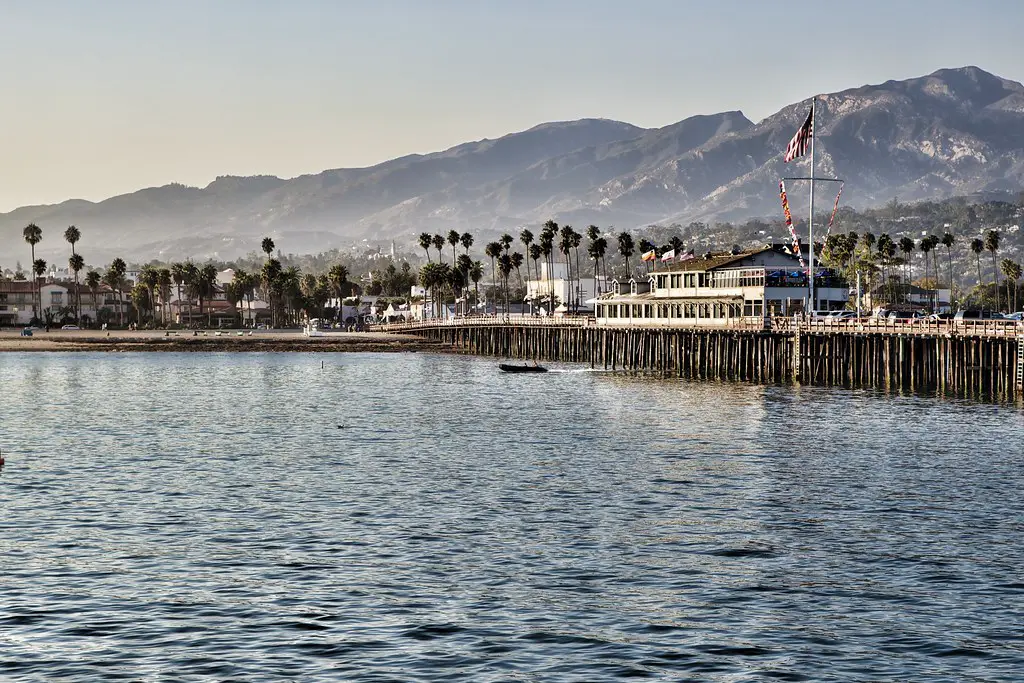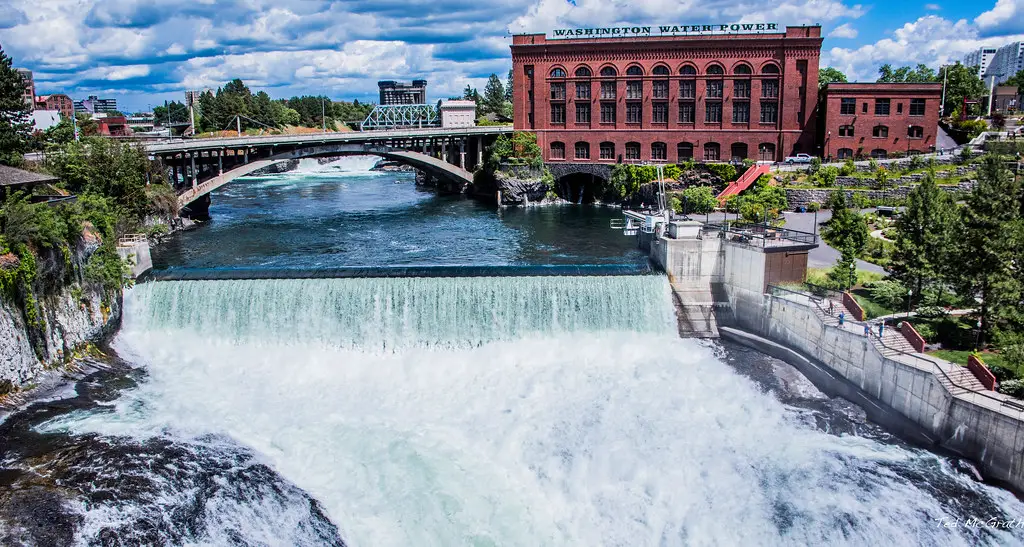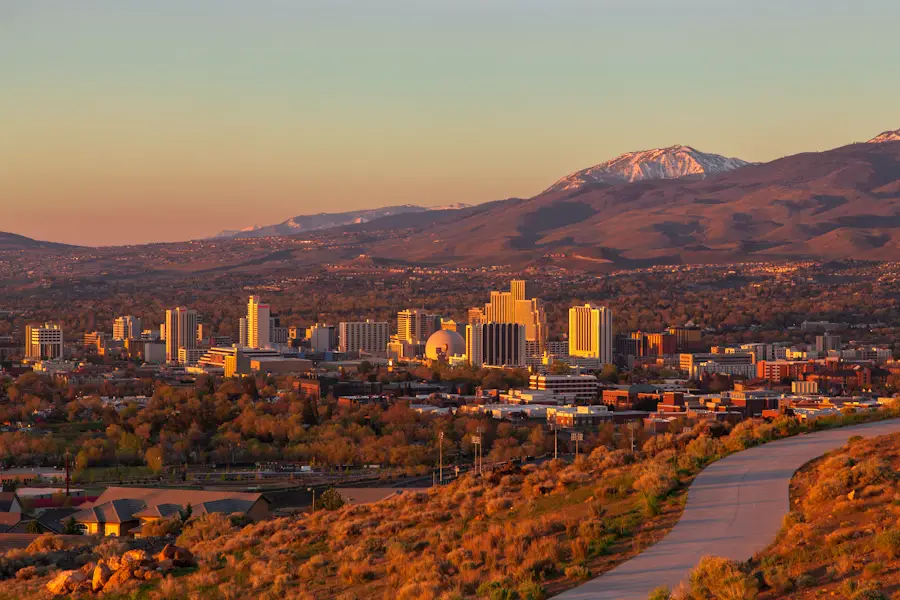1. California

California is at the forefront of phasing out traditional water heaters, prioritizing energy-efficient heat pump models. With aggressive climate goals, the state offers rebates and incentives for residents to switch. This move aims to reduce greenhouse gas emissions significantly.
2. New York

New York is implementing measures to replace conventional water heaters with eco-friendly alternatives. Heat pumps and solar water heaters are gaining traction as part of the state’s clean energy initiatives. Building codes in new constructions now favor energy-efficient systems.
3. Washington

Washington has passed regulations to phase out traditional water heaters in favor of heat pumps. The state’s focus on renewable energy includes incentives for upgrading home water heating systems. Residents are encouraged to adopt newer technologies to save energy and lower costs.
4. Massachusetts

Massachusetts is promoting the use of high-efficiency water heating systems as part of its green building initiatives. Heat pumps and tankless water heaters are becoming the standard in new developments. Programs like Mass Save offer rebates for residents making the switch.
5. Oregon

Oregon is working to phase out traditional water heaters by adopting stricter energy efficiency standards. Homeowners are encouraged to upgrade to heat pumps or on-demand systems. The state aims to reduce its reliance on fossil fuels and promote sustainable living.
6. Colorado

Colorado is gradually transitioning away from conventional water heaters in favor of greener options. Incentives for energy-efficient systems, such as heat pumps and solar water heaters, are widely available. This initiative aligns with the state’s long-term climate action plan.
7. Minnesota

Minnesota is introducing policies to replace older water heaters with modern, energy-saving models. Heat pumps are highly recommended as they align with the state’s renewable energy goals. Utility companies are offering rebates to encourage early adoption.
8. Hawaii

Hawaii is taking a unique approach by encouraging solar water heating systems to replace traditional heaters. With abundant sunlight, solar systems are both efficient and cost-effective for residents. This initiative is part of the state’s push for 100% renewable energy by 2045.
9. Vermont

Vermont is incentivizing homeowners to replace traditional water heaters with high-efficiency options. Heat pumps and tankless systems are increasingly popular due to their energy savings. The state’s energy programs are geared toward reducing overall emissions.
10. Nevada

Nevada is gradually moving away from traditional water heaters to meet its sustainability targets. Solar and heat pump systems are promoted as eco-friendly alternatives. The state offers tax credits and rebates to ease the transition for residents.
11. Connecticut

Connecticut is pushing for the adoption of energy-efficient water heating systems as part of its clean energy goals. Older, less efficient models are being phased out in favor of modern technologies like heat pumps. Homeowners can take advantage of statewide incentive programs.
12. Maryland

Maryland is phasing out traditional water heaters as part of its efforts to reduce energy consumption. Residents are encouraged to switch to heat pumps and tankless systems. Statewide rebates and programs make upgrading more accessible.
13. Virginia

Virginia is following suit by introducing measures to phase out conventional water heaters. Energy-efficient alternatives, including heat pumps, are becoming more common in new construction. Rebates and tax incentives help residents transition to greener solutions.
14. Illinois

Illinois is emphasizing the shift to energy-efficient water heating systems to meet its renewable energy goals. Heat pumps and solar water heaters are gaining popularity as traditional systems are phased out. Programs like Illinois Energy Now support homeowners in making the switch.
